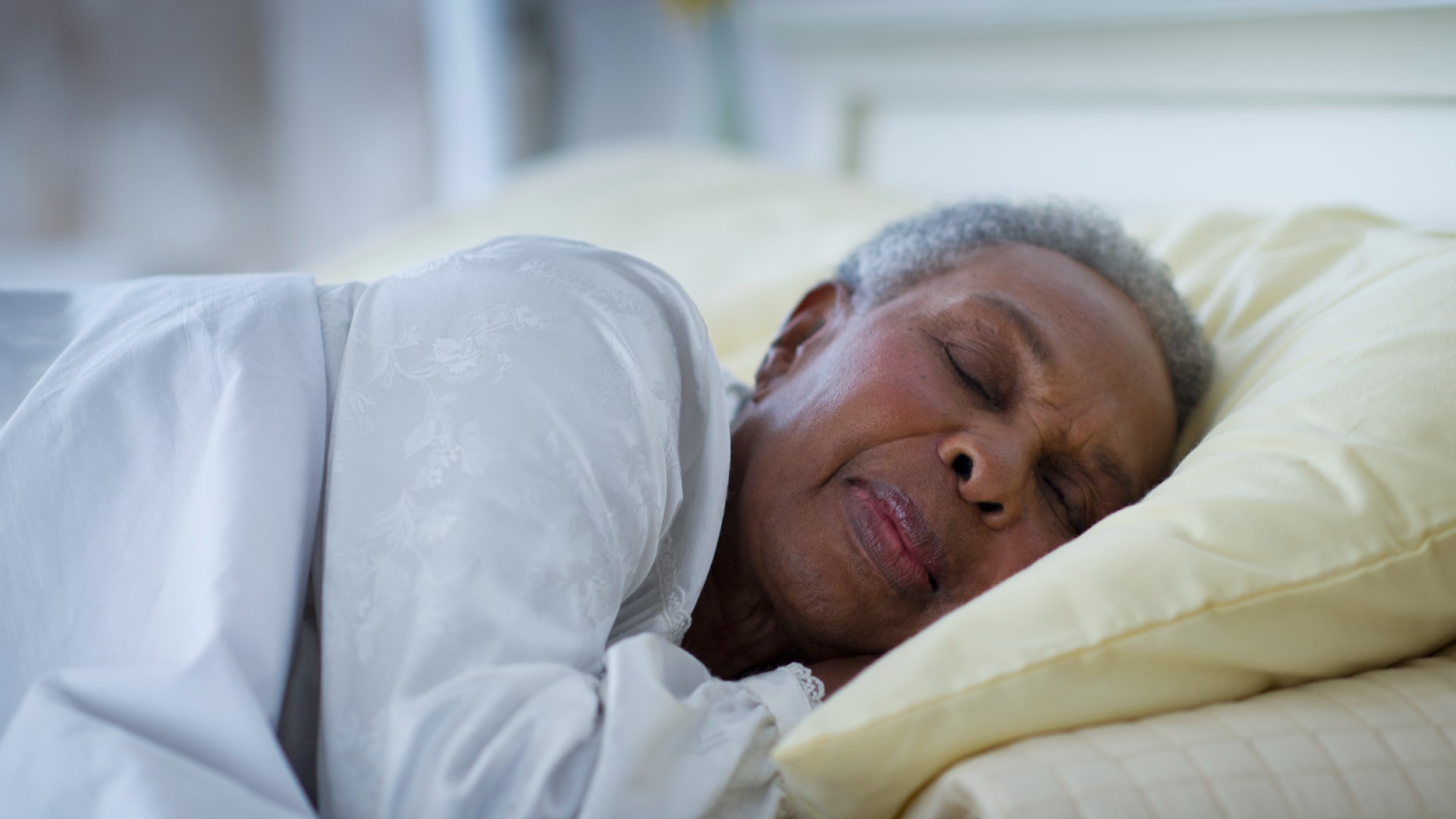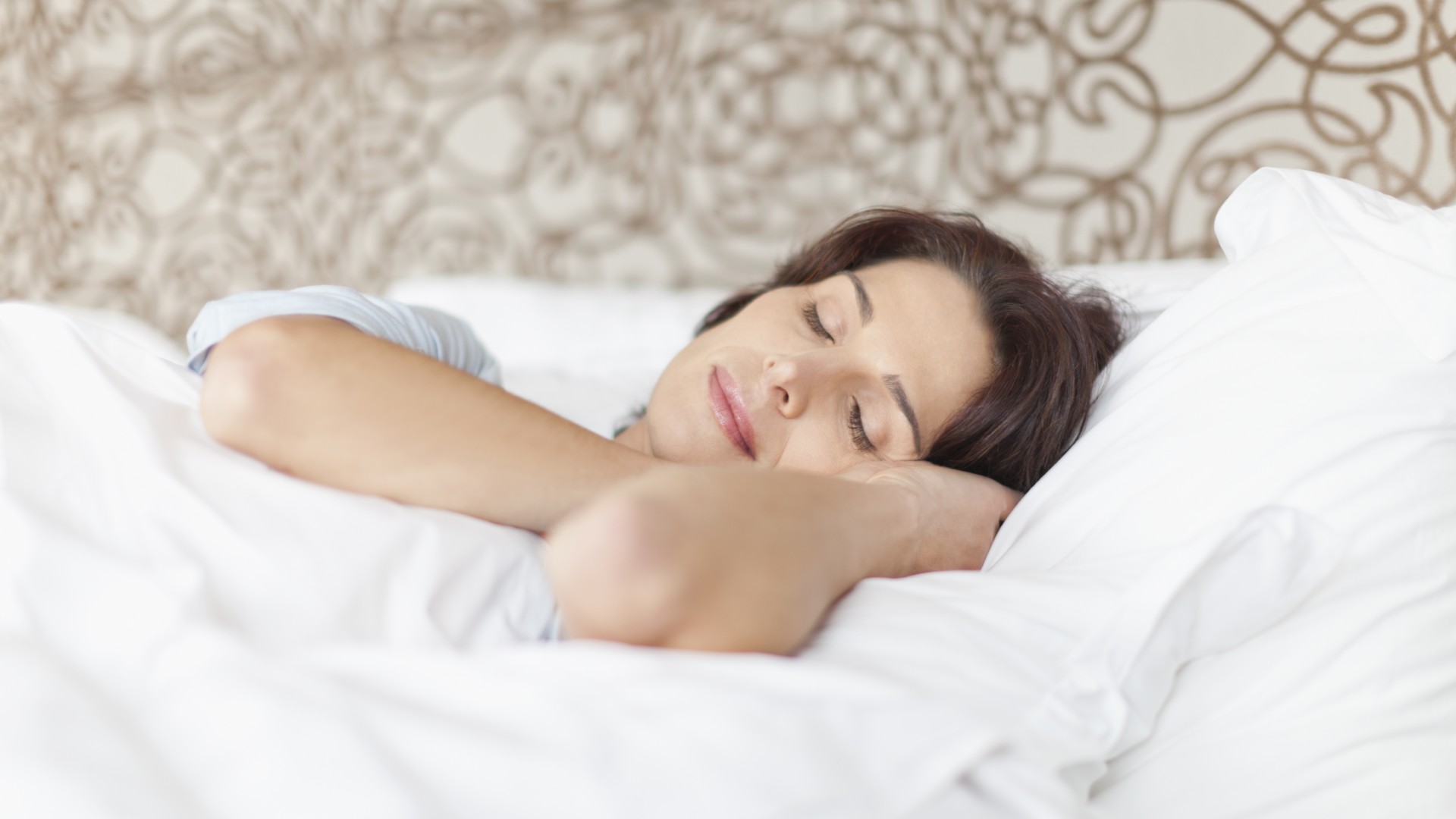Snoring in post-menopause could be caused by drop in hormones, new study reveals
A link between snoring and lowered sex hormones in post-menopausal people has been found by researchers in Norway for the first time ever


Snoring in middle-aged people could be linked to the menopause's drop in female sex hormones, a new study has revealed.
It's no secret that the 'change of life' presents a whole host of unwanted health issues, with vaginal atrophy, weight gain, and hot flushes just some of the menopause symptoms experienced by millions of women and trans men in the UK every year.
These ailments don't rest when it's time for bed either, often coming in night sweats and anxiety that can heavily impact one's sleep quality.
Researchers in Norway have now found that snoring may be linked to menopause - and that HRT (hormone replacement therapy) could be an effective treatment.
The study, which was conducted at the University of Bergen, revealed that over 70% of the 774 middle-aged post-menopausal subjects had been told that they snored, while 411 of the participants reported other symptoms of sleep apnoea.

It's understood that this higher prevalence of sleep-disruptive symptoms is linked to the decrease in sex hormones, such as estrogen and progesterones, that occur when a person enters menopause. The findings come after previous studies revealing the dangerous health consequences of snoring and sleep deprivation, including diabetes, weight gain, and high blood pressure.
Fortunately, it looks like HRT could be helpful for those trying to find new ways on how to sleep better during menopause.
Sign up to our free daily email for the latest royal and entertainment news, interesting opinion, expert advice on styling and beauty trends, and no-nonsense guides to the health and wellness questions you want answered.
"Women suffering from fairly severe consequences like sleep disorder breathing could benefit quite a bit from HRT, preferably individualized HRT,” the study's author, Dr Kai Triebner, told the Telegraph.
The study found that doubling serum concentrations of estrogen was linked to a 19% decrease in the risk of snoring, while the doubling of progesterone was associated with a 9% decrease.
Science has yet to discover why lowered hormone levels lead to snoring and sleep apnoea, but Dr. Treibner's team believes that it could be due to weaker muscles in the windpipe. Changes in how and where the body deposits fat, resulting in a shift that could cause an obstruction in the airways, could also be a factor.

Hailing from the lovely city of Dublin, Emma mainly covers the Royal Family and the entertainment world, as well as the occasional health and wellness feature. Always up for a good conversation, she has a passion for interviewing everyone from A-list celebrities to the local GP - or just about anyone who will chat to her, really.
Emma holds an MA in International Journalism from City, University of London, and a BA in English Literature from Trinity College Dublin.